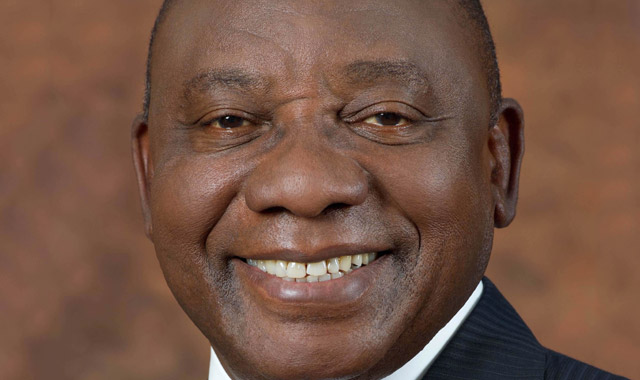
Deputy President Cyril Ramaphosa would make a good candidate for next president of South Africa, according to scenario planner Clem Sunter.
“I have always been a fan of Cyril and would love him to be president. In dealings with him in the past he always stuck to the deals reached. He also has experience in the fields of labour, business and politics,” said Sunter at a “state of the nation” event hosted by Deloitte on Friday.
“I have also recently debated against Julius Malema and he came across as a charming individual. I, however, have an entrepreneurial view of economics as opposed to the state taking over and leading to no degree of economic freedom.”
South Africa needs to have a conversation about creating an innovative economy, according to Sunter.
“South Africa must create a truly integrated economy and create a space for small retailers and big business to start talking about creating an innovative economy for a wider future,” he said.
“We did that in the late 1980s and it led to change in the early 1990s. Innovation is not driven by the state, but in a free market by capital and talent. It is no longer about capitalism, but about talent as differentiator.”
It is only by looking out for certain flags that one could build possible scenarios that would be grounded in reality, said Sunter.
As for South Africa in particular, Sunter said some flags to watch would be corruption, quality of infrastructure, avoiding downgrades, level of entrepreneurship and violence.
As for flags to watch on the world state in general, Sunter said the first would be the flag of religious conflicts and related terror attacks.
“The US has no end game in the Middle East and thinks it is just a military conflict. On the other hand, the US is fighting a desperate enemy,” said Sunter.
“On top of that, terror attacks have a negative impact on tourism, one of the biggest industries in the world.”
Sunter said although this flag is “down” in South Africa at the moment, talk about racism could impact international tourism to the country.
A second flag Sunter mentioned is what he calls “the red flag of Putin and China”.
“The US still sees itself as the global cop and one can see signs of a possible second Cold War,” said Sunter.
A third flag for him to watch would be the increasingly longer lifespan of the world’s population. This is putting strain on national budgets.
At the same time, if emerging economies wanted to benefit from their younger population demographics, they would have to focus on good governance, in his view.
A fourth flag to watch is the one of being “anti-establishment”.
“The poor have always been angry, but when the middle class gets angry there could be dynamic political change,” said Sunter.
“Corporate social responsibility is under greater scrutiny as big corporations are regarded as part of the establishment.”
Sunter’s fifth flag to watch is what he calls the “green flag” — the impact of environmental changes.
“If one looks at extreme weather events and even the drought in South Africa, one can see that this could be a very nasty flag. Imagine what would happen if the Western Cape, for instance, ran out of water? We must start thinking seriously about this real flag.”

